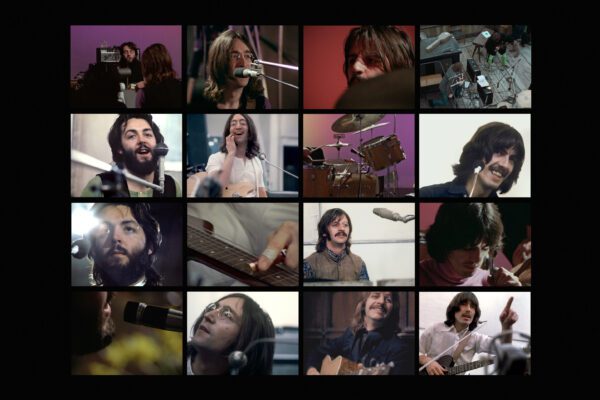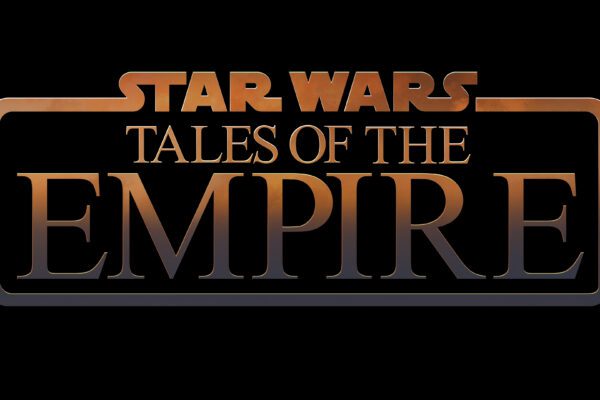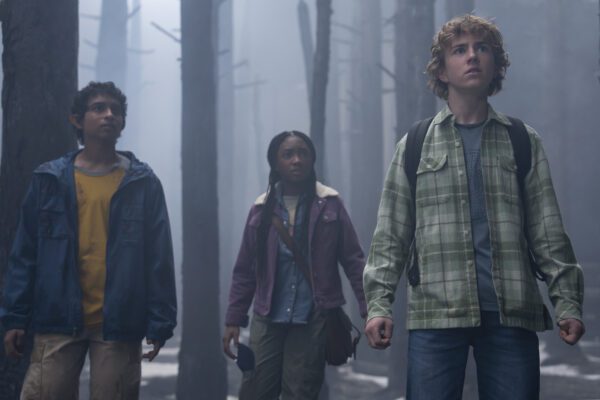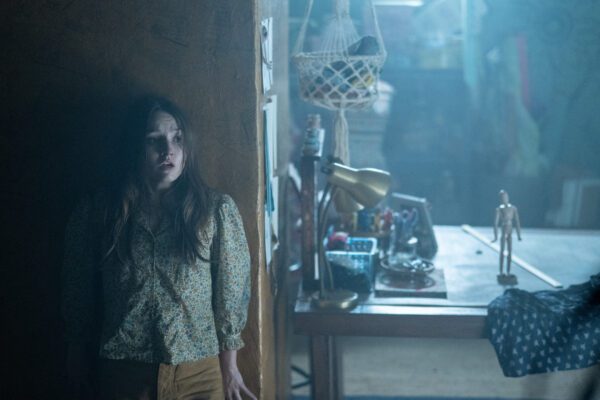
Jim Henson, Idea Man: Beyond Sesame Street
Beloved children’s performers are experiencing somewhat of a cultural moment over the last few years. With documentaries charting the legacy of Mr. Rogers and Ernie ‘Mr. Dressup’ Coombs (not to mention the Rogers biopic starring Tom Hanks), there have been multiple projects celebrating the impact that these television pioneers have had over the years. Each of these…









